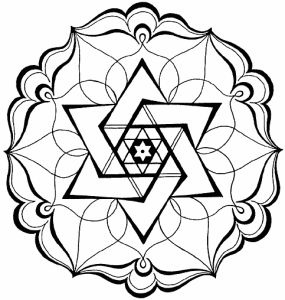
Karma
Karma means good or bad deeds. In Asian religions some schools relate karma as an idea of rebirth. In schools karma what affect in present life will get the result in future in the same life. Karma has many different meaning and definition for different languages. In mythological story karma is conceptual principle that was invented in India. Different Schools have their own description for karma in their perspective language. Karma is also known as the principle of causality. In one of the paragraph of Brihadaranyaka Upanishad of Hinduism karma is associated as karma of causality. In all the schools of Hindu and many other cast thoughts the relationship of karma to causality is a central motif.
Other causality characteristic, shared by karmic theories is referring to as good deed to good effects. Good karma reflects good effect on the person, while bad karma reflect bad effect on person. This effect may be emotional or material or moral. These effect may not be immediate it will be given in the later in one’s current life’s. There are two ways to describe the karma : phalas and samskaras. A phalas is visible or invisible typically immediate or within one’s current life. In samskaras are those that produced invisible effect that is develop inside the person because of the karma. This Theory was also proposed in the context of samskaras.



